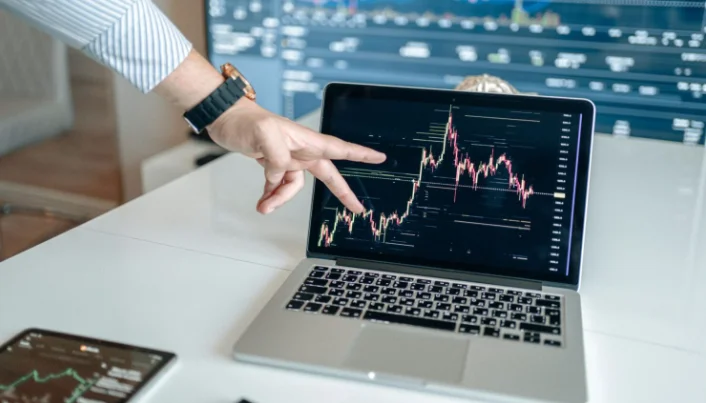Introduction
Opening a trading account is a critical step for anyone looking to dive into the financial markets, whether you’re a novice or a seasoned investor. As we move through 2024, the landscape of trading has evolved significantly due to technological advancements, regulatory changes, and shifts in market conditions. This article will provide practical advice on how to open a trading account in the current market environment and tips for selecting the best online trading account that meets your needs.
Understanding the Modern Trading Environment
In 2024, the trading environment will be more dynamic than ever, influenced by advancements in technology, regulatory updates, and evolving investor preferences. Before opening a trading account, it is essential to understand these changes and how they can impact your trading experience.
- Technological Advancements: The rise of sophisticated trading technologies has transformed how investors engage with the market. Modern trading platforms offer advanced features such as real-time data, automated trading, and comprehensive analytics. These tools can greatly enhance your trading strategy and overall experience.
- Regulatory Changes: Regulatory bodies have introduced new rules and standards to ensure greater transparency and protect investors. Understanding these regulations is crucial, as they can affect account setup procedures, fee structures, and the overall trading experience.
- Market Conditions: The current market conditions, including increased volatility and new asset classes, necessitate a well-chosen trading account. Having the right tools and resources can help you navigate these conditions effectively.
Key Steps to Open a Trading Account
Opening a trading account involves several key steps, each of which can influence your trading success.
Evaluate your needs and goals.
- Determine Your Investment Goals: Are you looking to trade stocks, commodities, or other financial instruments? Understanding your goals will help you choose the right type of trading account and platform.
- Assess Your Risk Tolerance: Different accounts offer various features, including leverage and margin options. Evaluate your risk tolerance to select an account that aligns with your investment strategy.
Research and compare brokers:
- Check Broker Credentials: Ensure that the brokers you’re considering are reputable and regulated by relevant authorities. This helps safeguard your investments and ensures that you’re working with a trustworthy partner.
- Compare Features: Look for brokers that offer a range of features such as real-time data, advanced charting tools, and educational resources.These features can significantly improve your trading experience and assist you in making well-informed decisions.
Choose the Best Online Trading Account:
- User-Friendly Interface: Select a platform that is intuitive and easy to navigate. A user-friendly interface can make trading more efficient and reduce the learning curve for new investors.
- Transaction Costs: Compare the transaction fees, account maintenance charges, and other costs associated with each account. Lower costs can significantly impact your overall trading profitability.
- Customer Support: Effective customer support is essential for resolving any issues or answering questions that may come up. Choose a broker that provides prompt and helpful assistance.
Complete the application process:
Provide Required Documentation: When applying for a trading account, you will need to submit identification documents and financial information.Make sure you gather all required documentation in advance to speed up the application process.
Understand the Terms and Conditions: Carefully read the terms and conditions of the trading account. This includes understanding the fee structures, margin requirements, and other important details.
Test the platform.
- Utilize Demo Accounts: Many brokers offer demo accounts that allow you to practice trading with virtual money. This is a great way to familiarize yourself with the platform and test your strategies before committing real funds.
Monitor and review:
- Continuously Monitor Your Account: After setting up your trading account, routinely assess its performance and make necessary adjustments. Keeping yourself updated on your investments and market trends will enable you to make informed and timely decisions.
Conclusion
In conclusion, opening a trading account in 2024 involves navigating a rapidly changing environment with technological advancements, regulatory updates, and evolving market conditions. By following these best practices, you can ensure that you select the right trading account for your needs and set yourself up for trading success.
For beginners, choosing the best trading platform in India for beginners is crucial. The right platform will provide the necessary tools, resources, and support to help you get started and grow as an investor. Whether you’re just starting out or looking to upgrade your trading setup, make sure to choose a platform that aligns with your goals and trading style.

Shannon Reyes is a seasoned writer with a knack for crafting engaging blogs on a variety of service industries, including plumbing, cleansing, moving, pest control, and roofing. With a keen eye for detail and a passion for helping readers navigate complex topics, Shannon brings her expertise to life through informative and accessible content.











